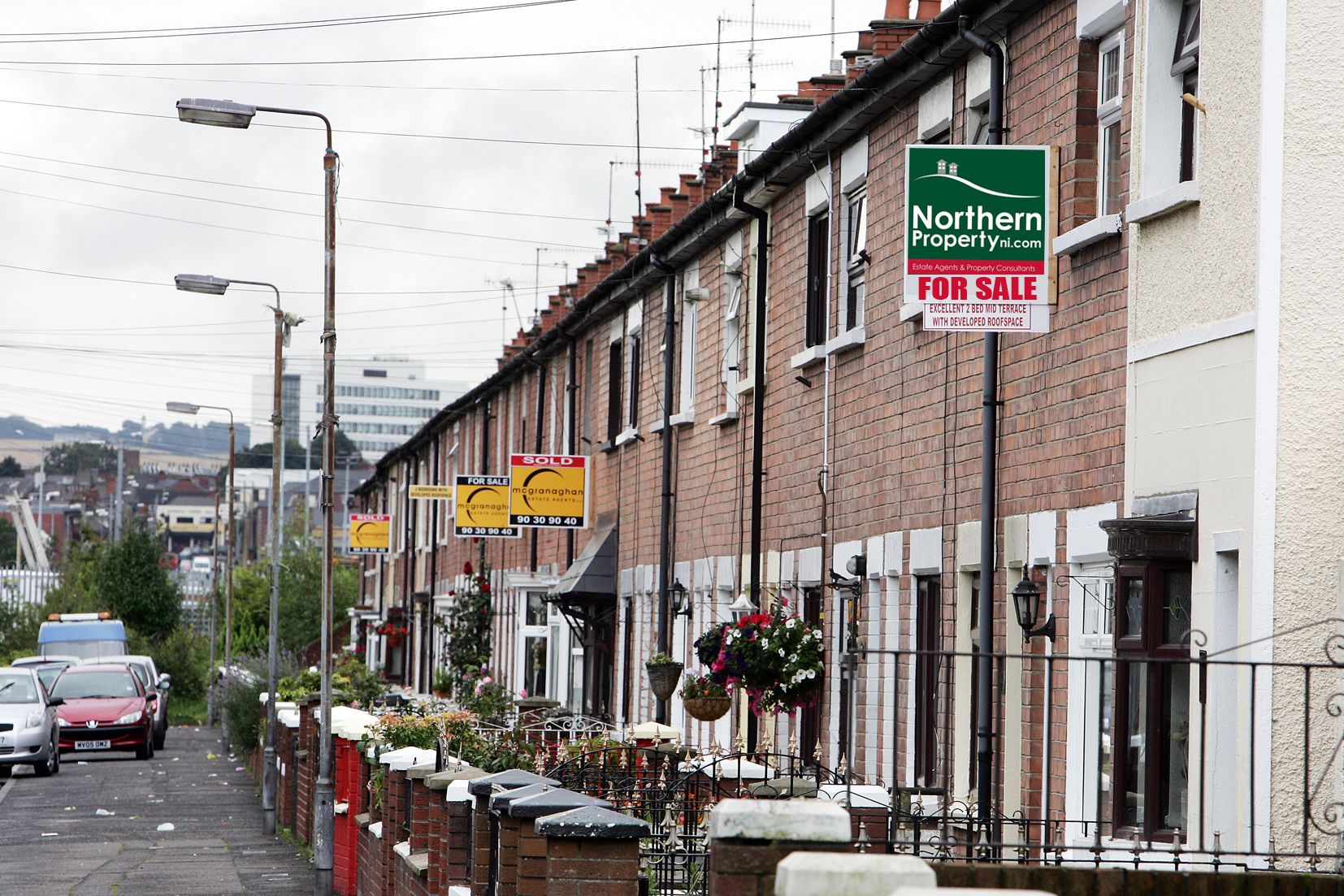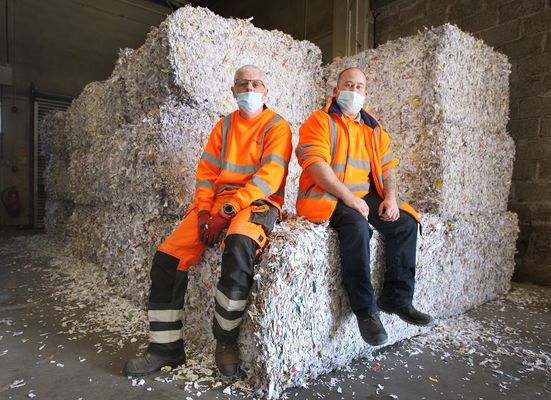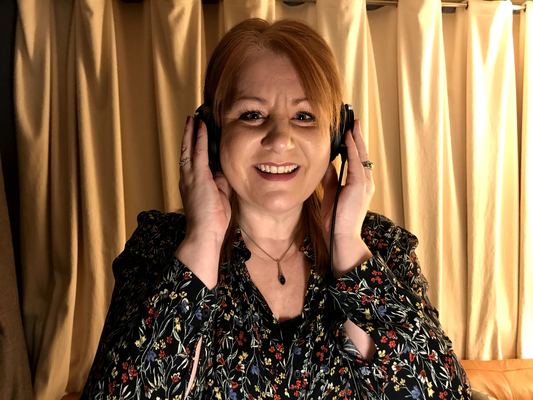The start of the pandemic and the ‘first’ Lockdown which began in March 2020 saw a drop in the number of house transactions being closed.
Mortgage Interest rates have also increased slightly since lockdown. That's because lenders have been expecting a flood of people currently on furlough to be made redundant so they are very cautious about lending just now.
Things got slightly better in the second and third lockdowns but it's harder to get a mortgage and if you are self-employed, some lenders have reduced the maximum mortgage from 90 per cent to 60 per cent of the house price.
![PROPERTY PULSE LOGO[2].jpg](https://belfastmedia.com/uploads/assets/2021/1/PROPERTY_PULSE_LOGO_2_.jpg)
Michael McKee purchased a home in West Belfast at the start of this year, taking advice from mortgage advisor Sean Braun who works for Kith & Kin in North Belfast.
“I began searching during the pandemic," he said. "I felt totally comfortable. Viewings ran smoothly with vendors and purchasers wearing masks, utilising hand sanitiser and keeping their distance.”
The pandemic only impinged on the transaction when it came to transferring documents.
“Things were slightly prolonged due to delays in obtaining and transferring documents during the pandemic," said Michael. "Although, to be fair, the delay was probably only an additional week.”
The Blacks Road man said he saw no negative impact from the Covid crisis on the housing market.
“As far as I could see, the West Belfast housing market was certainly buoyant," he added. "One property I was interested in sold around thirty mins after being listed.”
BUDGET BOOST?
As British Chancellor of the Exchequer Rishi Sunak prepares to present his budget later today (3 March), estate agent Des McGranaghan says he's expecting the stamp duty holiday, which is due to end on the 31 March, to be extended until the end of June.
"This will be fabulous news for buyers, saving thousands of pounds in taxation on a house purchase," said Des.
Des McGranaghan is also confident the government will offer incentives to lenders to bring back 95 per cent mortgage deals for all buyers, not just first time buyers.
“Not only have house prices already risen by 3 per cent, bringing the average house price in Northern Ireland to £141,000, but these two incentives will put first-time buyer affordability back into the housing market. Buyers will only require a £5,000 deposit on a purchase price of £100,000.”
With interest rates still at historically low levels, the addition of stamp duty relief and the return of 95 per cent mortgage deals will fuel house sales, says Des. "My advice to buyers is, when you see a house coming to market don't hang about as we are already agreeing houses in days."







